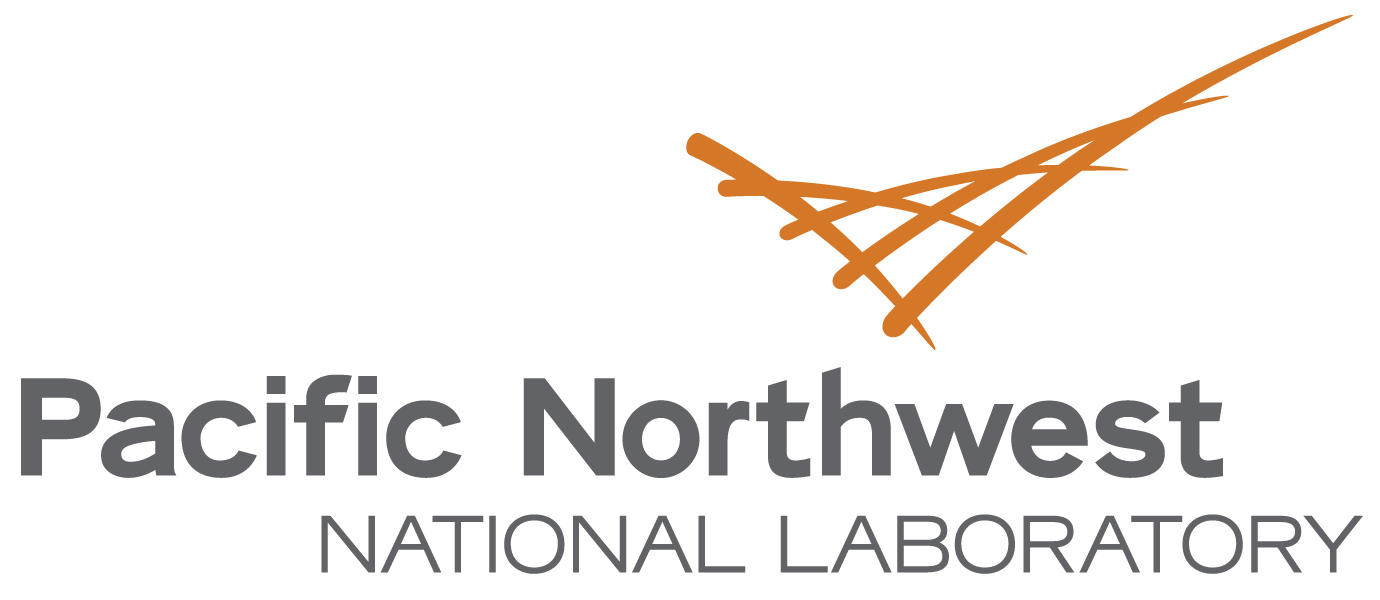By Allan Brettman
Newswise — RICHLAND, Wash.—Three innovations developed at the Department of Energy’s Pacific Northwest National Laboratory have been named winners in the 2022 Federal Laboratory Consortium for Technology Transfer Awards.
A PNNL-developed airport security device that scans passengers’ shoes earned the Interagency Partnership Award; an injector that delivers nutrients to trees received the Excellence in Technology Transfer Award; and a home energy efficiency assessment tool received the Impact Award.
The annual FLC awards are among the most reputed honors in the technology transfer field, recognizing federal laboratories and their industry partners for technology transfer achievements. PNNL has received 98 FLC awards since the program’s inception in 1984.
Millimeter-Wave Shoe Scanner
The Millimeter-Wave Shoe Scanner uses imaging to detect concealed objects in footwear. It could potentially be integrated into the floor of a body-scanning portal, which PNNL also developed. Anyone who travels can recognize the potential benefit: Passengers would not need to remove their shoes to pass through airport security, thus reducing a bottleneck in screenings. PNNL partnered with the U.S. Department of Homeland Security, Science and Technology Directorate to build the shoe scanner. The scanner builds on PNNL's pioneering research in optical and acoustic holography dating back to the 1960s. Scientists and engineers determined how to use millimeter waves to penetrate clothing and scan for concealed objects, resulting in commercial body scanner systems.
PNNL’s Millimeter-Wave Shoe Scanner team: David Sheen, Mark Jones, Kannan Krishnaswami, Trenton Hartman, David Atkinson
Tree Micro-Injector
The Tree Micro-Injector delivers nutrition, pesticides and fungicides faster and easier than similar commercially available injectors. The device resembles a laboratory syringe, with an exterior housing holding a uniquely designed compressible pod. The housing and pod are made of polypropylene, a versatile, recyclable material. An internal steel spring holds the pod in place and allows it to be precisely compressed to eject a liquid formulation through the housing’s nozzle. The single-use disposable pod can be prefilled with a variety of specialty formulations, such as nutrition fertilizers, pesticides, fungicides or plant growth regulators. PNNL partnered with two companies to develop the Tree Micro-Injector.
PNNL’s Tree Micro-Injector team: Kevin Simmons, Allan Tuan, Dustin Clelland, Stan Owsley, David Long, Terry Marie Braniecki, Lindsey Purcell, Stacie Schumer
Home Energy Score
Home Energy Score (HEScore) is a free, web-based tool for homeowners who want to monitor the energy efficiency of their homes. HEScore generates a customized rating for a home’s energy use. The scoring tool translates home facts—square footage, number of rooms and heating/cooling systems—into a numerical rating of its energy performance compared to other homes. The website, the first tool of its kind, has been under development since 2012. Starting in 2015, PNNL, Lawrence Berkeley National Laboratory and the National Renewable Energy Laboratory collaborated through 2021 to improve the design. HEScore users include homeowners, buyers, renters, energy auditors and software developers.
Home Energy Score team: Charlie Holly, Dave Millard, Ben Stuermer, Jennifer Lee, Matt McDuff, Michael Roper, Prescott Davis, Yan Zhou, Sara Hunt. PNNL partnered with researchers at the National Renewable Energy Laboratory and Lawrence Berkeley National Laboratory for the entry.
This year’s FLC winners will be recognized at the 2022 FLC national meeting April 6, in Cleveland, Ohio.
# # #
About PNNL
Pacific Northwest National Laboratory draws on its distinguishing strengths in chemistry, Earth sciences, biology and data science to advance scientific knowledge and address challenges in sustainable energy and national security. Founded in 1965, PNNL is operated by Battelle for the U.S. Department of Energy’s Office of Science, which is the single largest supporter of basic research in the physical sciences in the United States. DOE’s Office of Science is working to address some of the most pressing challenges of our time. For more information, visit https://energy.gov/science. For more information on PNNL, visit PNNL's News Center. Follow us on Twitter, Facebook, LinkedIn and Instagram.
